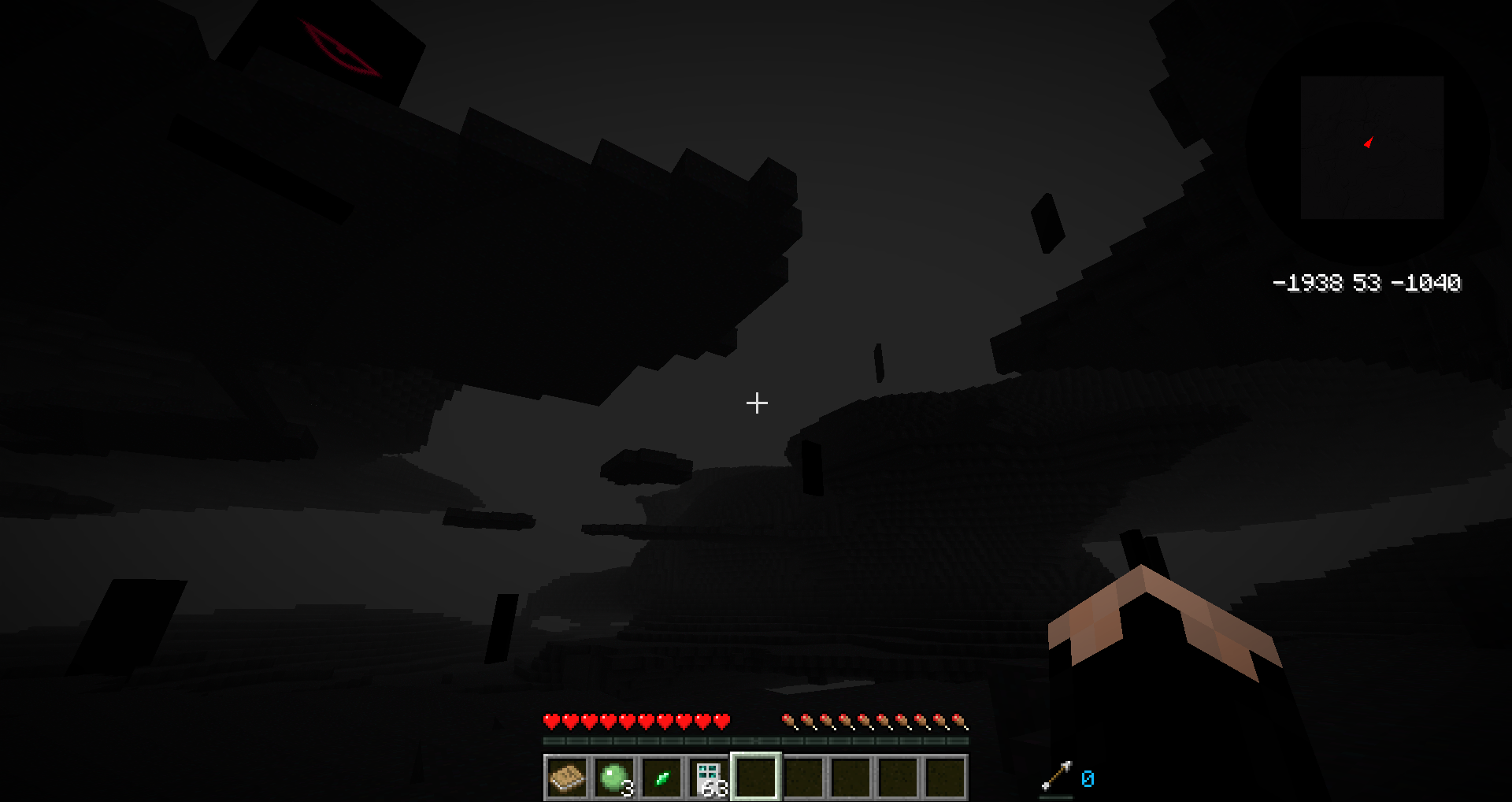

The NFL finds itself on much different footing than in the early days of COVID-19, which hit during its 2020 offseason. Meanwhile, administrators in charge of the three most important postseason games - the winners on Friday between Alabama-Cincinnati and Michigan-Georgia will meet next week for the national title - have said those teams could forfeit if they can’t field healthy rosters for any of those games. Only hours before the scheduled kickoff, Tuesday night’s Holiday Bowl became the fifth postseason college football game to get scrapped because of COVID-19 cases. The Tampa Bay Lightning geared up to host Montreal in a Stanley Cup Final rematch by using a coach and an emergency goalie in net during practice, then brought in a minor leaguer for the game. But games in Canada are still being postponed. The NHL partially resumed a schedule it had put on hold for nearly a week over Christmas while cases soared. No fewer than 63 players were ruled out of Monday night’s seven games. We haven't reached the All-Star break yet. The NBA set a record when Greg Monroe of the Minnesota Timberwolves became the 541st different player to play in a game this season.



“It's an inability to play for whatever reason, whether it's the virus or a bad knee.” “It's not that different from what we're used to seeing,” sports marketing expert Joe Favorito said. Not that anyone expects the ratings to decline. In turn, it puts fans in a position of paying full price - both in pure money terms, but also in emotion and time invested - for a product that is, for lack of a better word, compromised. This puts the NFL on a potential collision course with a disruption that could wreak havoc on the road to the Super Bowl. Now that sports are back, vaccines are widely available and data-based health decisions are easier to make, no league appears prepared to turn away again. While the policies are recalibrated, the leagues and sports fans have mostly avoided the question that first hit hard in the dark days of March 2020: Are we so thirsty for entertainment that we'll risk everything - or watch anything - simply to make it feel like normal?īack then, the answer was “no.” Starting with the NBA, then moving to March Madness and the NHL, leagues abandoned their schedules, well aware that there was too much uncertainty, and the risks were too high, to keep pretending sports could run like business as usual. The coronavirus pandemic and the onslaught of the omicron variant have forced a rapid rethinking and reshuffling of policies, as the leagues try to protect their schedules, their players and fans, along with their bottom lines.


 0 kommentar(er)
0 kommentar(er)
